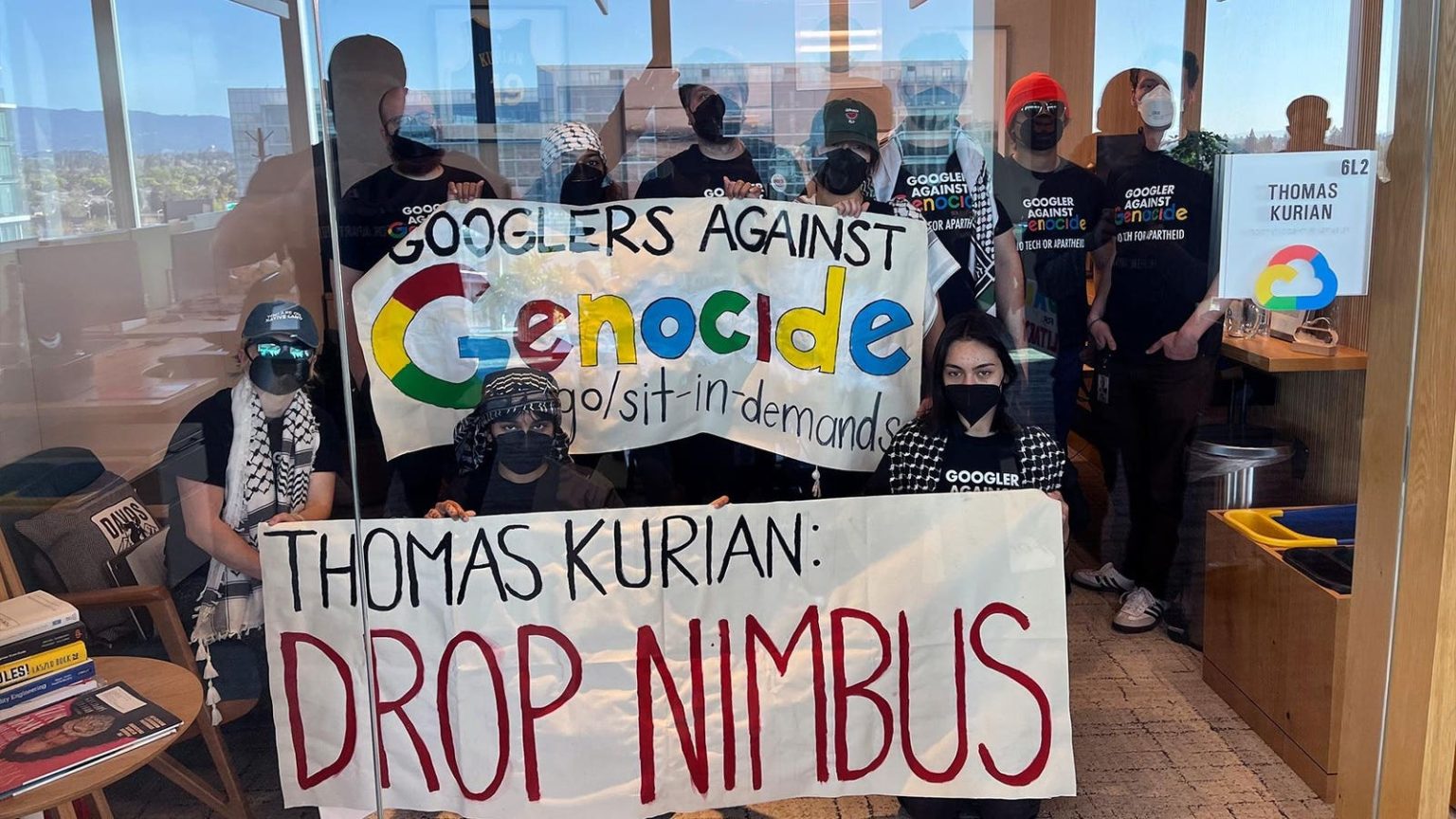The recent firing of 50 Google employees after protests over the company’s contracts with Israel has sparked discussions about the rights and protections employees have when it comes to activism in the workplace. The case has raised questions about the balance between employees’ rights to speak out and companies’ needs to maintain a safe and productive work environment. Legal experts are weighing in on the complexities of the issue and how it could impact future activism in the workplace.
The fired employees claim they were unfairly terminated for participating in a peaceful protest that was directly related to their terms and conditions of work. Google has defended its actions, stating that the protesters had disrupted and occupied workspaces, making other employees feel threatened and unsafe. CEO Sundar Pichai emphasized in an email to employees that the workplace is not a place for disruptive behavior or political debates, and employees should focus on their work rather than using the company as a platform for personal activism.
The Google case has highlighted the growing trend of workplace activism, fueled by CEOs taking stands on social and political issues and employees being encouraged to bring their whole selves to work. With the current political climate and increased use of social media to criticize employers, the stage is set for more activism to find its way into the office. Employers are seeking legal advice on how to handle potential protests at work and how to maintain a productive and professional environment while respecting employees’ rights to express their beliefs.
Legal experts point out that protections for employees’ political speech in the workplace are limited, with most workers being subject to at-will employment. However, there are exceptions for certain employees, such as those covered by state laws, union agreements, or the National Labor Relations Act. The NLRB’s recent ruling in favor of a Home Depot employee who wore a Black Lives Matter reference on their work apron has brought attention to the connection between political speech and working conditions.
Employers are advised to have clear and consistent policies regarding workplace conduct and to provide a safe and inclusive environment for all employees. Employers must balance their duty to ensure a safe working environment with respecting employees’ rights to express their beliefs. Employees who engage in protests outside of work should be aware of potential risks for future employment, as employers may take such actions into consideration during hiring processes. Overall, the Google case and the broader issue of workplace activism highlight the need for companies to navigate complex legal and ethical considerations when addressing employee protests and expressions of political beliefs in the workplace.


